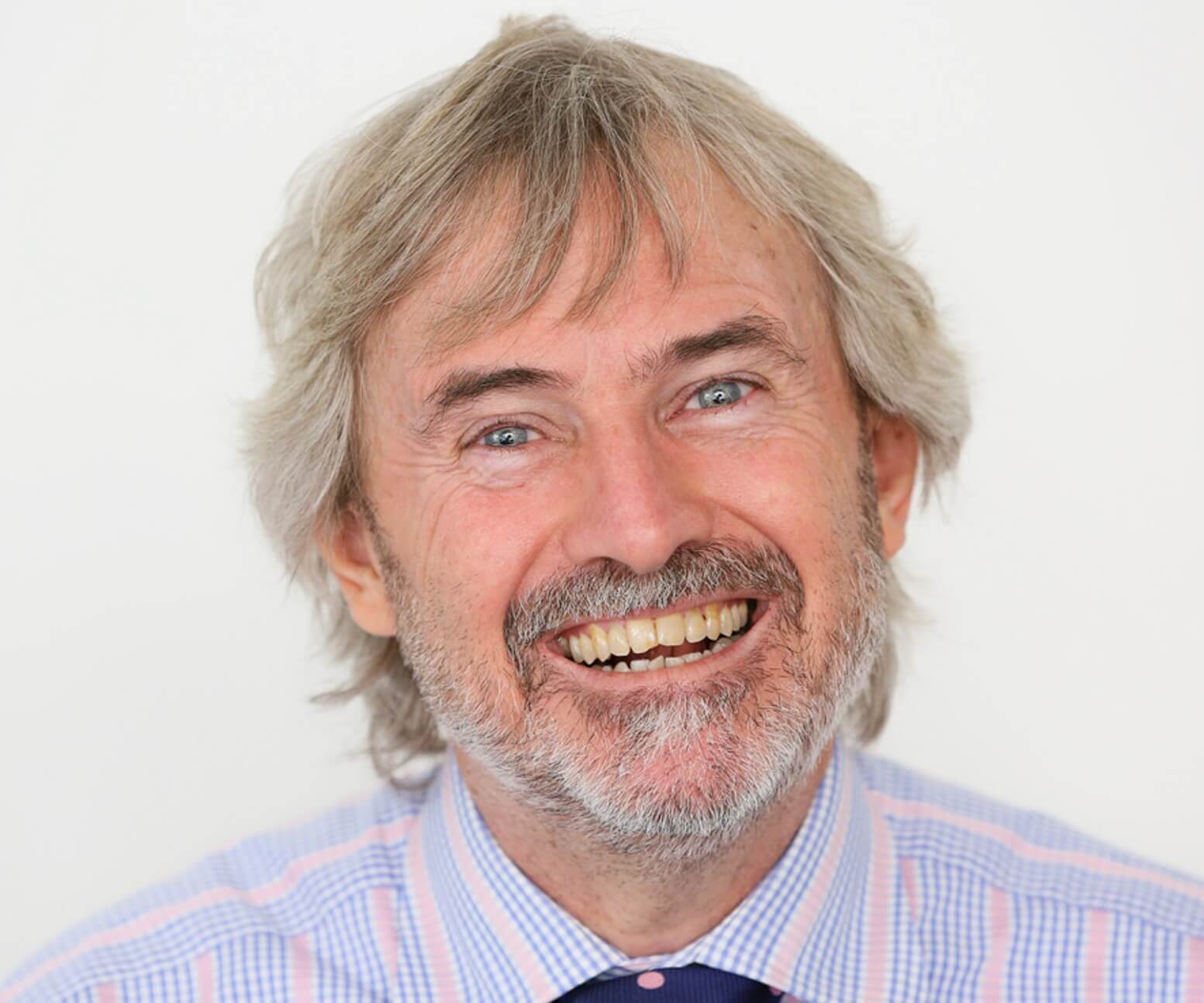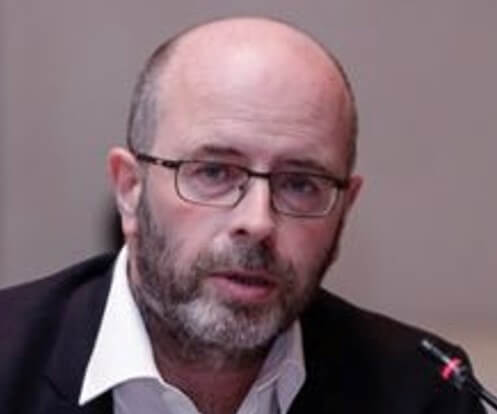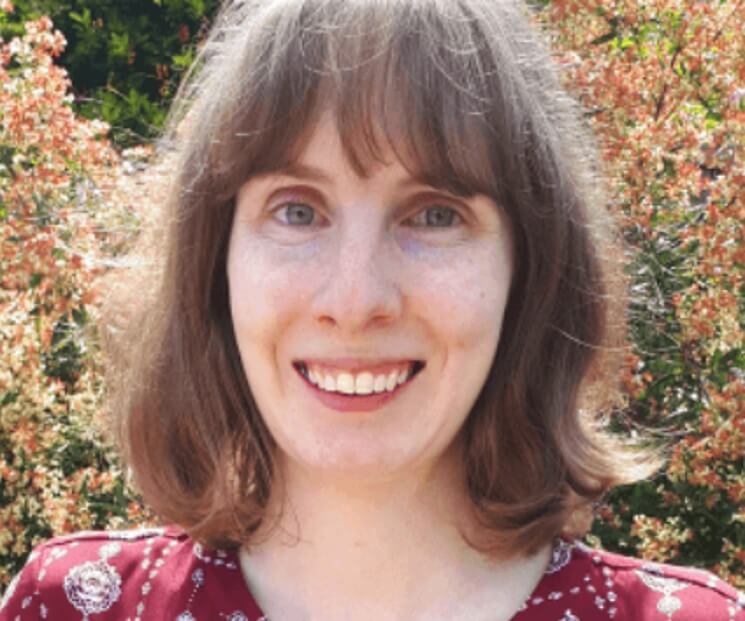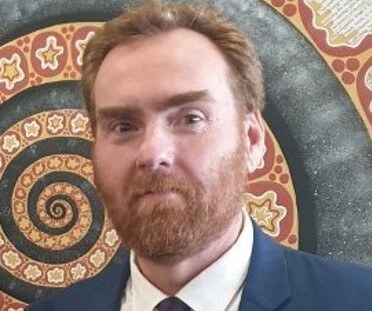

ACAP RESEARCH AND CONFERENCE
2021 Conference: Possibilities Unlocked
ACAP RESEARCH AND CONFERENCE
2021 Conference: Possibilities Unlocked
Monday 01 November 2021
Possibilities Unlocked:
TRANSFORMATION IN THE TIME OF COVID-19
ACAP seeks to foster a vibrant, diverse and supportive research environment and a learning ecosystem that is informed by it. Quality research and quality teaching are complementary and are distinguishing features of learning cultures in higher education. Our annual conference offers an opportunity to showcase our research and the partners we work with, as well as be inspired by the research and scholarship of our keynote speakers. ACAP has a proud history of educating students with skills for making a difference, and the conference aims to bring together the ACAP learning community including students, academics and teaching staff, together with managers, policy makers, practitioners, and researchers from the broader community.
welcome to the 2021 conference
This year’s conference focuses on understanding the implications of the transformations we are making as a result of COVID-19. Our key note speakers will help us to understand what effective leadership looks like in such tumultuous times, as well as the implications for facilitating learning.
We will also hear from some of our top performing research students and academics, including recipients of recent grants and prizes. Learn about the difference that our research is making to the organisations we partner with.
Download 2021 Program
Call for papers:
Members of the College community and external partners are encouraged to submit a paper for inclusion as an oral presentation at the conference. Abstracts should be submitted by 24 September 2021. All abstracts will be peer reviewed. All accepted abstracts will be published in an abstract book before the conference. Please follow the guidelines below when submitting your abstract in APA Publication Manual (7th Edition) format :
- Provide the full title of paper as it will appear in the conference programme (in bold)
- Include a list of author(s): First Name, Surname, department / Institutional affiliation (in italics)
- Indicate the corresponding author with an asterisk
- Please include a max 150 words biography of author(s)
- List 3 – 5 keywords
In the abstract main body (max 300 words), please include:
- Background (outline of the context and/or academic literature informing the research)
- Methodological approach (indication of the broad theoretical orientation and/or methodological approach)
- Summary of main findings to be presented
- Statement of key significance and / or impact of the findings
Please email all abstracts to [email protected]
Event Details
Time & date
- Monday 01 November 2021
Location & venue
- Online
Additional Details
- 24 Aug – Call for abstracts opens
- 3 Sep – Registrations open
- 17 Sep – Research showcase submissions open
- 24 Sep – Abstract submission closes
- 8 Oct – Research showcase submission close
- 11 Oct – Full program released
- 18 Oct – Research showcase voting opens
- 29 Oct – Registrations & research showcase voting close
- 1 Nov – Conference
Registration Closed
Keynote Speakers

Adjunct Professor Patrick Sharry
Patrick has over 25 years’ experience working all over the world as a sought after educator and facilitator in the public and private sectors. His extensive industry experience includes financial services, healthcare, Internet technology and international trade as well as a diverse range of other sectors including professional services, education, mining and utilities. In addition to his regular work in Australia, Asia, the USA, the UK and Europe, he has been closely involved with programs in developing countries such as PNG and Myanmar.
His clients regard him as an expert facilitator and he is regularly called on to assist with complex problems and difficult situations that need an expert and reliable hand. Much of his work is with groups involving multiple stakeholders with differing views on complex issues. He has wide experience in handling groups from 6 to 600, from senior executives and Boards to local community groups, in domestic markets and in culturally diverse, multi-lingual international settings.
Patrick works with organisations to help them develop strategy, align people to the strategy, strengthen leadership capability, drive organisational change and make more effective decisions. For more than a decade, he has been applying the insights of complexity science and naturalistic sensemaking to help clients deal with crises and make progress on wicked problems. Most of his current work is in the intersection of strategy, complexity and leadership.
Clients include: AFP, AILA, AON Benfield, APRA AMCOS, ASIC, auDA, Austrade, BHP Billiton, BNP, Boral, Cardno, CBA, Citi Group, Daya Dimensi Indonesia, DEXUS, Downer MEI, Frasers Property Group, Global Red, HNA, HSBC, ICANN, ING, KWM, Lend Lease, McDonalds, NAB/MLC, NSW Public Service Commission, Ministry of Sound, Officeworks, Optus, Perpetual, Pfizer, QBE, Royal Sydney Golf Club, St Vincent de Paul Society, St Vincent’s Hospital Melbourne, SafeWork NSW, STW Group, Suncorp, Sydney Symphony Orchestra, TCorp, Telstra, Westpac.
Patrick is an Adjunct Associate Professor at the University of New South Wales and Fellow at the Australian Graduate School of Management. He has taught at University level in Australia, New Zealand and the UK, and currently teaches Strategy and Managerial Decision Making on the MBA programs at the AGSM. He also designs and manages Executive Education programs for the AGSM in his capacity as Program Director. Patrick holds a Master of Science in Decision Sciences from the London School of Economics, Master of Education in Mathematics Education from QUT, a Graduate Diploma of Teaching and a Bachelor of Arts.

Dr Adrian Jarvis
Adrian Jarvis holds a degree in English Language and Literature from Oxford University and a PhD in Education from University of Birmingham. He has extensive experience of teaching and leading in schools in the UK and the Middle East. He has worked as an Assistant Professor at University of Nottingham Malaysia, where his main focus was teaching on a World Bank-Funded capacity-building project centred on the higher education college system of Bangladesh.
His publications include articles and book chapters on educational leadership, as well as pedagogical approaches in higher education. He has also investigated and explored the challenges of the pandemic, having published research on its educational impact and implications. He also organised a conference on transnational education during and after the pandemic which was held in July 2021.
Lecturers

Dr Rachel Maunder
Lecturer, Psychological Sciences
Dr Rachel Maunder joined the Melbourne campus of the Australian College of Applied Psychology in late 2020. Prior to this, she worked as a tutor, teaching fellow, and lecturer in psychology at the University of Sydney. Rachel completed her Doctor of Philosophy in Psychology and Bachelor of Arts in Psychology and Philosophy at the University of Sydney in 2020 and 2016, respectively.
Her doctoral research examined intergroup and peer contact as means of reducing public stigma against and self-stigma in people with mental illness, and the moderators of exemplar typicality and perceived variability. Rachel’s research has been published in peer-reviewed journals, has been presented at national and international conferences, and has attracted a number of awards, including the Dick Thompson Prize for the Best Empirical Honours Thesis in Social Psychology, the University of Sydney Faculty of Science Postgraduate Research Prize for Outstanding Academic Achievement, and the Society of Australasian Social Psychologists’ Outstanding Postgraduate Research Award.

Dr Nathan Ryan
Lecturer, Criminology & Justice
Dr Nathan Ryan is a researcher and lecturer at the Australian College of Applied Psychology, Melbourne. Nathan completed his doctorate at the School of Criminology and Criminal Justice at Griffith University. His primary research area is in the investigation process in missing body homicide investigations with a focus on investigative interviewing to retrieve the spatial memory of suspects and patterns of hiding behaviour. Nathan has conducted research investigating both perceptions of rape trial testimony and conducted interviews with incarcerated domestic violence offenders. He has additional knowledge in the psychology of criminal behaviour, theory of policing and research methodology. In addition, he has conducted training programs in witness suggestibility and the psychology of offenders for the Queensland Police Service as part of their detective training program.
ACAP Research Showcase Competition
ACAP students and staff are invited to submit a short video showcasing their 2021 research by Friday 8 October.
Eligibility:
- The competition is open to current academic staff and students who are doing a research project or completed one as part of their study in 2021.
Entry:
- Submit three minutes (or less) video recording explaining the key findings of your research project and why they matter.
- All video entries must be submitted as a YouTube or Vimeo link to [email protected] by the deadline of 8 October.
Prizes
- 1 of 3 prize packs including an ACAP Hoodie, certificate and $150 eftpos gift card.
Categories
Prizes will be awarded to a winner in each of the following categories:
- People’s choice: most inspiring research
- Best student research (selected by Scientific Program Committee)
- Best staff research (selected by Scientific Program Committee)
Winners will be announced during the ACAP conference on 1 November 2021.
Closing Date
- Entries must be received by 11.59 pm (NSW time), Friday 8 October 2021Please click here for full competition terms & conditions.
Any questions:
For any questions please send an email to [email protected]
